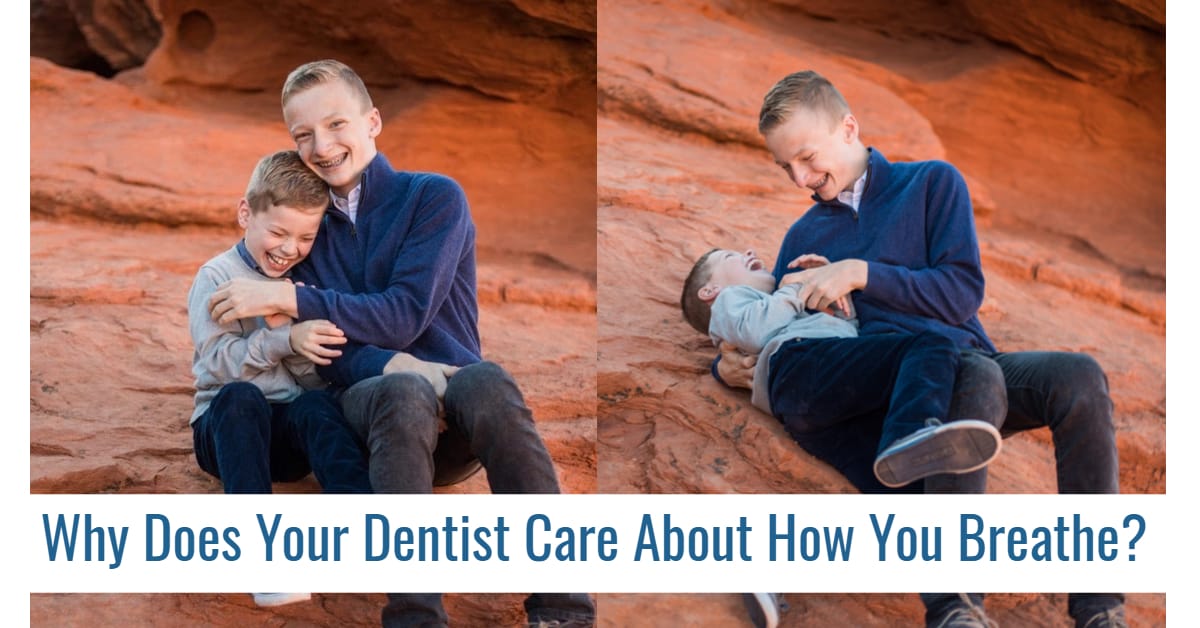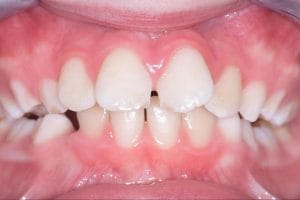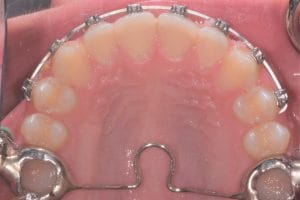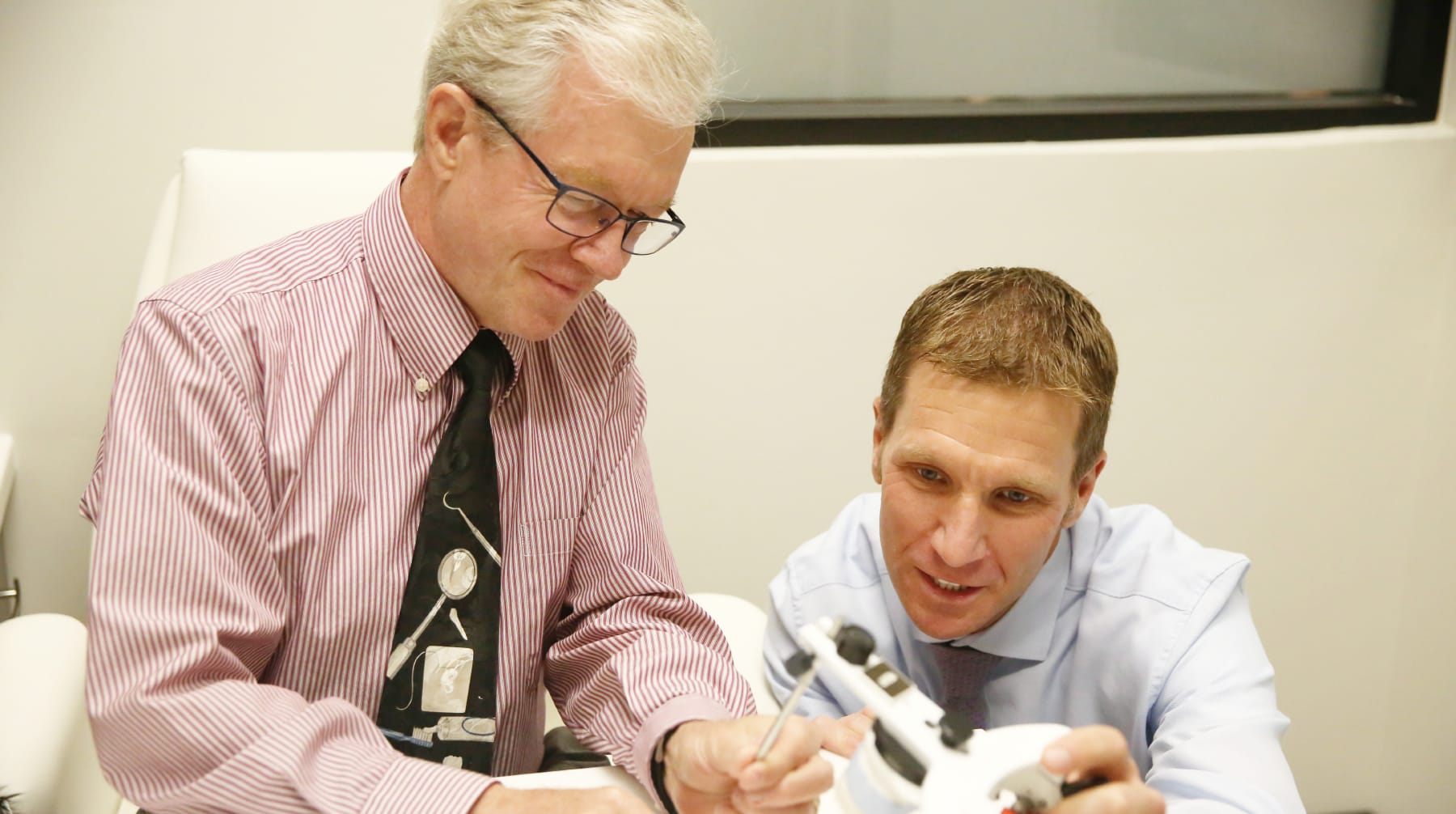
Your nose is possibly the most underappreciated organ of the human body. The nose is the body’s primary organ of smell and also functions as part of the body’s respiratory system. As you breathe in, your nose warms, moisturizes, and filters air before it enters your lungs, and this process is critical for your overall health.
Along with providing these benefits, your nose has an impact on your dental health, and Dr. Snyder of Riverside Dental Care is here to tell you all about it.
Why Do Your Dentists Care How You Breathe?
As Dr. Snyder says, “Your nose is for breathing, and your mouth is for eating.” But if you do breathe through your mouth rather than your nose, you may be at risk for a number of things.
#1 – Impacts overall health
Mouth breathing affects your overall health. For one thing, it has been associated with an increased risk of cardiovascular disease, with recent research starting to find links between heart failure and sleep-disordered breathing.
One of the most common types of sleep disorder that impacts your breathing is obstructive sleep apnea, a disorder where your airway collapses as you sleep and causes you to choke and gasp to restart your breathing. Mouth breathing and excessive snoring are some of the indicators that you may have a dangerous sleep disorder.
#2 – Can affect development in children
In children, breathing affects the growth of facial bones, how crowded the teeth become, crooked teeth, and increases the likelihood of needing a palate expander and braces. There have also been researchers who have found that children who tend to mouth breath can suffer from exhaustion, concentration issues, and behavioral issues.
By working with our dentists, one of the ways mouth breathing can be addressed is by using a combination of braces and a palate expander. As you can see in the first image below, the patient had crooked teeth, and their teeth slanted inward. Also, while it is difficult to tell from the first image, the patient had a noticeably narrow maxilla (upper jaw).
In the second image, these issues are being addressed by a combination of a palate expander and braces so that the patient can breathe more easily and enjoy an improved bite.


#3 – Leads to halitosis
Air that is passed through your nose is moisturized, but the air drawn in through your mouth can actually contribute to drying out your mouth. As your mouth becomes dry, there is no saliva to combat the bacteria that is naturally part of your mouth.
Without saliva in your mouth, the anaerobic bacteria in your mouth break down things like amino acids in your mouth and creates sulfur compounds. These sulfur compounds are what cause halitosis—aka, bad breath.
#4 – Greater risk of cavities and gum disease
Mouth breathing significantly increases your risk for cavities and gum disease. Similar to how mouth breathing dries out your mouth and causes halitosis, having a dry mouth can also increase your risk of developing cavities and gum disease.
Since you won’t have enough saliva present to help kill off harmful bacteria and remove food residue from your teeth, the bacteria are able to consume the residue and excrete acid that harms your teeth. In time, the acid will erode your teeth’s enamel to the point where you have cavities, and leave you open to an infection in your gums.
#5 – Causes decreased airflow
It may seem counterintuitive, but during your sleep, breathing through your mouth can restrict your airflow when compared to the airflow you receive when breathing through your nose.
To correct the restricted airflow caused by mouth breathing while sleeping, a teeth-grinding reflex is triggered in order to return airflow to normal levels. Unfortunately, while this reflex is useful in maintaining steady airflow, it can be extremely damaging to your teeth.
Ways Our Dentists Can Help With Breathing Issues
So, it is important that you pay attention to how you and your children breath during the day and night. If you or your child are mouth breathers, grind their teeth, snoring at night, or have problems sleeping through the night, please talk with our dentists during your appointment and see what can be done to help.
Some of the options that may be available are:
- Braces and palate expanders to correct teeth position and narrow jaws
- Nightguards to protect teeth from grinding
- Tooth extraction to reduce crowding
If you would like to work with one of our dentists to see if you or your child’s breathing issue is related to or causing dental problems, feel free to contact us today to set up an appointment.






 (435) 656-4441
(435) 656-4441 826 S 3000 E Ste 2
826 S 3000 E Ste 2
Leave a Reply